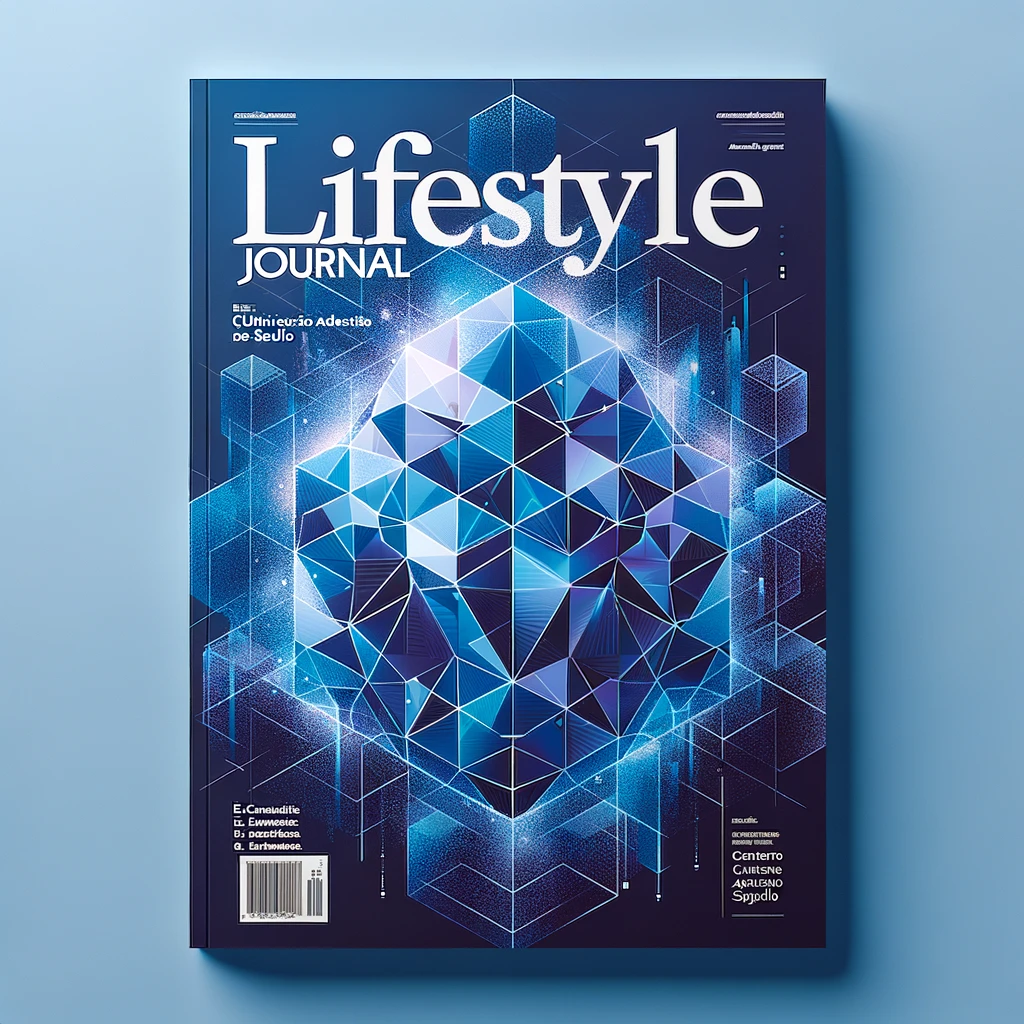Abstract
Introduction - Lifestyle has been the object of study throughout the world to evaluate the study of health and the presence of chronic diseases.
Objective: to evaluate the lifestyle of individuals with different socio-educational status.
Methods: this is a cross-sectional study in which the influence of educational status on lifestyle was evaluated. Data were collected through the NAHAS questionnaire on factors related to lifestyle. Sociodemographic, socio-economic and cultural characteristics for educational status were collected through INET. Addresses were drawn on the streets and avenues of the Capão Redondo district and there were a number of participants for all zip codes. Result: Individuals with a lower level of education have worse lifestyle. Lifestyle improves among older individuals. The most affected aspects in lifestyle were physical inactivity and inadequate diet. The risk was increased for illiterate individuals to state that their health is worse than individuals of their same age in relation to those with higher education. The mother's level of education directly influenced the child's education. A positive correlation was found between the number of years studied and salaries.
Conclusion: individuals with a higher educational level have a better lifestyle than individuals with a lower educational status. Individuals with a worse lifestyle have the perception that their health is worse than individuals of their same age.
References
BRASIL. Constituição (1998). Constituição da Republica Federativa do Brasil. Brasília: Senado Federal , 1988.
EXAME. O que motiva as pessoas na mudança no estilo de vida? (29/01/2013) http://exame.abril.com.br.
Freire, Paulo. Pedagogia do oprimido. 17 ed. Rio de Janeiro: Paz e Terra,1994. p.34.
Freud, Sigmund. Obras completas. São Paulo. Atheneu: 1914.
IBGE. Síntese de Indicadores Sociais (SIS) 2014. Disponivel em: www.ibge.gov.br.
Ishitani L.H.; Franco G.C.;Perpétuo I.H.O.; França E. Desigualdade social e mortalidade precoce por doenças cardiovasculares no Brasil. Revista Saúde pública, 40(4):19.684-91, 2006.
Lopes, R.G. De que sofrem os filhos de pais separados? Ver. aSEPHallu, Rio de Janeiro, vol. VII, n.13, nov..2011 a abr.2012.
Maluf, M.M.B. Sistema Nacional de Avaliação da Educação Básica no Brasil: análise e proposições II, Estudos em Avaliação Educacional. São Paulo, n.14,(1996),p.5-38.
Nahas M.V.Atividade Física, Saúde e Qualidade de vida: conceitos e sugestões para um estilo de vida ativo. 4ª ed. Revr. E atual. Londrina: Midiograf, 2006.284 p.
Piko. B. et al. – Frequncy of common pychosomatic symptoms and its influence on self-perceived health in a Hungarian student population. European Journal of Public Health. Oxford: Oxford University Press. 7:3 (1997) 242-247.
Pinheiro, R.S. et al. – Gênero, morbidade, acesso e utilizaçãode serviços de saúde no Brasil. Ciência & Saúde Coletiva. 7:4(2002) 687-707.
Redland A.R.; Stuifbergen A.K. Strategies for maintenance of health- promoting behaviors. Nurs Clin North Am. 1993Jun:28(2):427-42.
Reis M.C, Ramos L. Escolaridade dos pais, desempenho no mercado de trabalho e desigualdade de rendimentos.Rev. Bras. Econ. Vol.65no.2 Rio de Janeiro Apr./June 2011.
Rohlfs, I. et al. – La importancia de la perspectiva de género en las encuestas de salud. Gaceta Saintária. S.L. 14:2(2000)146-155.
Romanelli O.O, História da Educação no Brasil. 17 ed. Petrópolis: Vozes 1995.
Simon, J.G. et al. – Perceived health: how is yor health in general?: a qualitative study on self-assessed health. European Journal of Public Healt. Oxford: Oxford University Press. 15:2(2005) 200-208.
UNESCO: Educatios for All Global Monitiring Report.
Villamarin, AJG. Educação e justice versus violência e crime: educação e justiça como principais instrumentos de combate à violência e criminalidade. Porto Alegre: AGE, 2002. p. 92, 93.

This work is licensed under a Creative Commons Attribution 4.0 International License.
Copyright (c) 2024 Antonio Adolfo Mattos de Castro , Cristina Zukowisk Tavarez , Ana Maria Jora F Ferracioli Pôrto , Davisson Clemente Rezende, Leandro Teodoro da Silva , Lucilia Rocha Lopes





